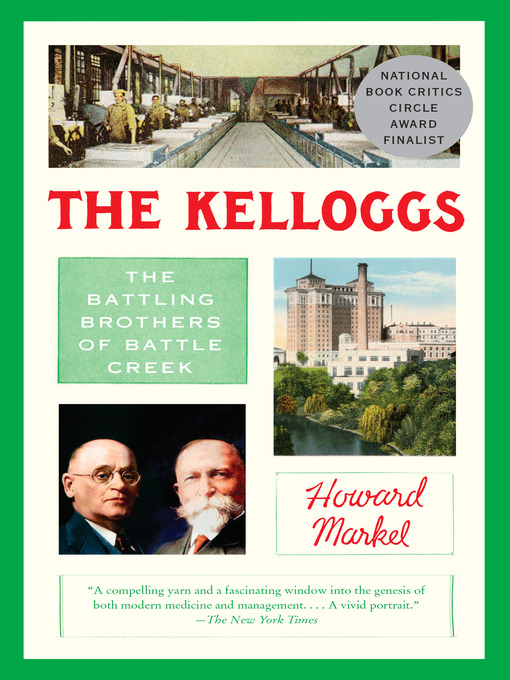- Newly Added eBooks
- Most Popular eBooks
- Start a New Series
- Try Something Different
- Reese Witherspoon's picks
- Last chance fiction - 30 days
- Kitchen magic
- See all ebooks collections
- Newly Added Audiobooks
- Most Popular Audiobooks
- Start a New Series in Audio
- Try Something Different
- Quick listens
- See all audiobooks collections
- Newly Added Magazines
- News and Politics
- Let's Get Cooking!
- Celebrity Magazines
- See all magazines collections

